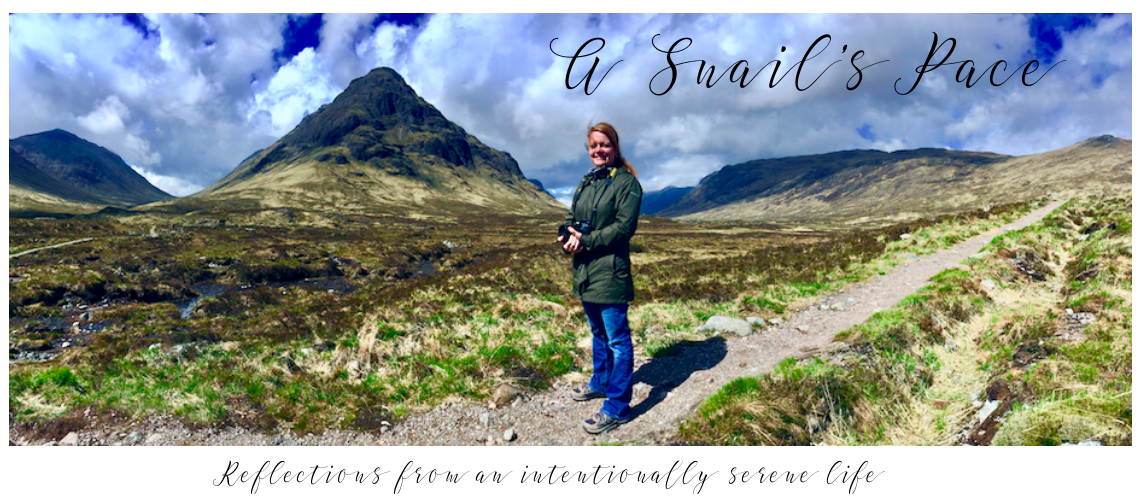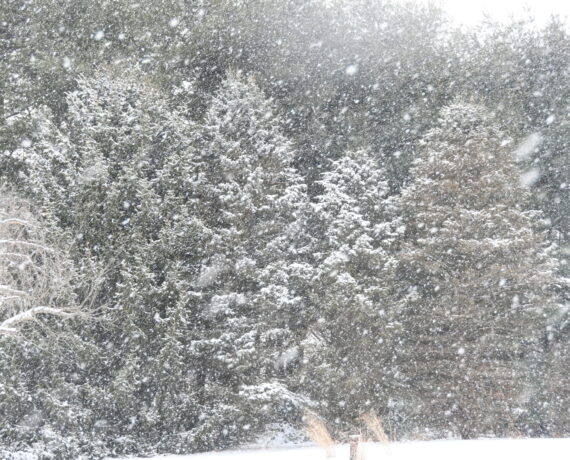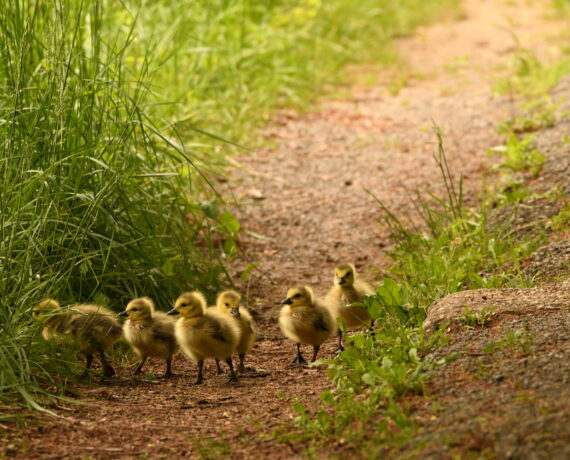Contemplation
I am reading The Nature Principle, by Richard Louv. The subtitle is, Reconnecting with life in a Virtual Age. Fascinating. People, says Louv, who connect with nature, compared to those who don’t, are more creative. Artistic. Open. Calm. Less anxious. Happy.
When I was 23, I worked at a science camp in California, about 6,000 feet up in the San Bernardino Mountains. We basically lived and worked outside. The only time I was inside was to sleep. We ate on picnic tables under the Jefferson Pines. We hiked daily. I taught kids how to climb rocks, how to launch rockets, how air pressure works, and how to be confident in their abilities while on a high ropes course.
I wrote a friend of mine a letter during that time, where I stated I didn’t know what day of the week it was. I hadn’t watched television in three months, had not spent probably more than 1 hour indoors at a time, and checking email and a computer? Non-existent. Long before cell phones. Or texting.
It was the best time of my life.
Why?
Because I was content and truly, deeply happy.
Sure, there wasn’t the stress of kids and other aspects of life yet, definitely a contributor.
I was young and carefree, also a contributor.
But I was connected, daily, to the world around me. I stargazed every night, hiked daily, took long walks into town, ate outdoors, read books among the trees, and watched children explore a new world. It was as if life had become one continual meditation, and I was most definitely taking notice.
Years previous to this, when I was 11, my family took a trip to Africa, spending three weeks sleeping in tents, eating whatever we killed, and living among the wildlife.
Three weeks where “indoors” consisted of cloth walls with a zipper keeping us in at night and the wildlife out, a shower made of en enclosed rectangle with no roof, and a dining table set under a tent with two walls, the rest open to the Kalahari Desert. Fire was our light at night and animal tracks guided our days.
I remember, after we had returned home, listening to my mom, not a lover of camping, tell her friends about our time there. She said, “Going to Africa, well, it felt like going home.” It did. It was thrilling. Scary. Comfortable. Uncomfortable. Exciting. Familiar. Home.
For years I thought of Africa and wondered how it could transform someone in such a short amount of time. I tried for years to write about it, to capture its beauty. I even had one teacher ask me, “I know you say Africa changed you but you were 11. What changed?” I thought he was right, I was too young. I hadn’t changed.
But that wasn’t it at all. I had used the wrong word. My writing teacher was correct, Africa didn’t “change” me, Africa formed me. Sitting by a campfire, watching the sunrise while drinking tea, born within me a love of the outdoors. I have a collection of trinkets from Africa – bones, quills, feathers, even a hairball from a lion. These sit next to the trinkets I have collected over my life and now with my children – shells, more feathers, petrified wood, more bones.
Africa connected me to nature in a way nothing had before. She taught me to appreciate. And look, to be observant, and stand in awe.
Who did Africa change? My mother.
For three weeks while their, there was no television, no electricity, no running water. And yet my mother, who thinks camping is a dirty hotel, called this time, “Coming home.”
Why?
Because living in a way entirely connected to nature brought something back to our lives that was missing. Richard Louv in his book talks about people who take walks to, “…calm their mind.” That’s what we did. We hit the pause button on everything, took a side trip, and came back restored. Appreciative. Changed. Formed.
Louv writes, “As a boy, I must have sensed nature’s power to heal…perhaps these childhood experiences are why, as an adult, I am compelled to believe in the restorative power of nature, in a human/nature reunion. And that because of this reunion, life will be better.”
As I write this, I am almost 45, over 30 years removed from being in Africa. Yet I can tell you what we saw, what we ate, what it felt like to take a shower while baboons jumped over my head, I can recall the excitement at finding my first porcupine quill, meant to bring good luck, and the names of the people we met.
I cannot tell you what I read about on the internet yesterday, or the last movie I saw in the theater, or even what I ordered at a restaurant a few days ago. Yet the majority of my time is spent doing these things. The majority of our time is spent under manufactured lights, with electricity running through computers on our laps, a constant connection to the world through the phone in our pocket, and immediate answers to any questions we may have.
Technology has its place in our world.
For me, it needs to be, it must be, second place.
Behind nature.


